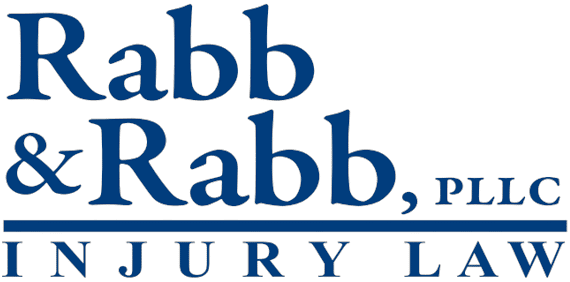Formalized in 1908, the Federal Employers’ Liability Act (FELA) is the main source of compensation for railroad workers injured on the job. If the railroad employee was engaged in interstate commerce and injured while on duty, then FELA will usually apply.
How Do FELA Claims Work?
FELA is different from traditional workers’ compensation in that the employee has to prove negligence from the employer (usually the railroad company) that led to his or her injuries. This burden is sometimes known as a “featherweight” burden of proof as the employee only has to prove that the employer played a role in those injuries. If the worker were to bear some fault in the incident, the overall reward would likely decrease since FELA claims are subject to a “pure comparative negligence” rule, meaning each party is assigned a percentage of fault in the claim.
What is Recoverable Through a FELA Claim?
FELA offers more comprehensive recovery options as opposed to workers’ compensation. It places no monetary limits on what a railroad worker can recover in a lawsuit and can pay for a variety of costs, including medical bills, “pain and suffering,” permanent/temporary disability, lost wages, and more. However, a worker cannot recover punitive (extraneous) damages through FELA.
Are There Time Limits for FELA Lawsuits?
An injured worker must start a lawsuit within three years of the incident. Suppose you suspect that you’ve developed injuries after an incident and they took time to develop. In that case, it may be worth speaking with a qualified personal injury attorney to see if your injuries qualify for a FELA claim.
Which Types of Negligence Qualify for FELA?
Several types of railroad employer negligence could qualify, including improper or inadequate employee training, insufficient workplace safety, failure to provide proper equipment, and many more.
Rabb & Rabb, PLLC is proud to stand by railroad workers throughout Arizona, Texas, Colorado and other southwest states. We know how hard and important this work is, and you should be able to work confidently, knowing that if you’re ever injured, there’s a system in place to offer support and a potential route to receive compensation for your injuries. Call (520) 888-6740 to learn more.



